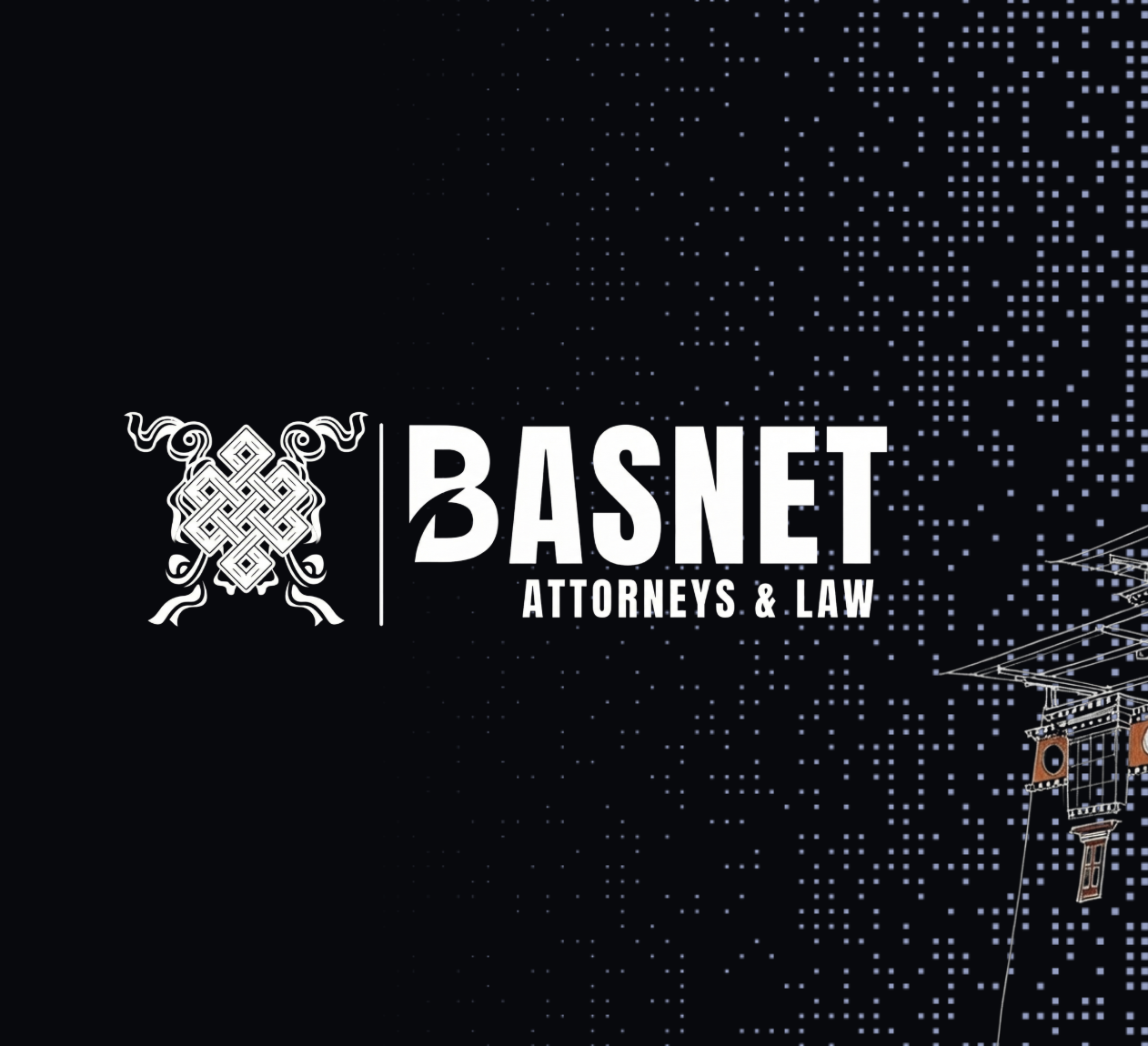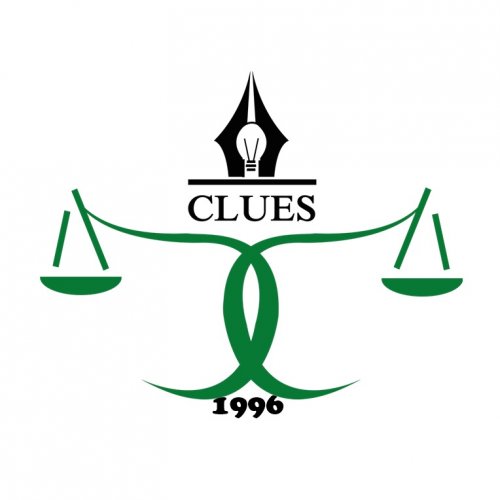Best Intellectual Property Lawyers in Bhutan
Share your needs with us, get contacted by law firms.
Free. Takes 2 min.
Or refine your search by selecting a city:
List of the best lawyers in Bhutan

Basnet Attorneys and Law - A Premier law Firm in Bhutan
15 minutes Free ConsultationAbout Intellectual Property Law in Bhutan
Intellectual Property (IP) law in Bhutan is governed by the Copyright Act of the Kingdom of Bhutan, 2001, which aligns with several international treaties. This legal framework aims to protect creations of the mind, including inventions, literary and artistic works, as well as symbols, names, and images used in commerce. The country is a member of the World Intellectual Property Organization (WIPO), reflecting its commitment to fostering an IP culture that balances the interests of innovators and the public. In Bhutan, IP laws are designed to encourage creativity and innovation, providing legal protection that helps stimulate economic growth by attracting investment, improving competitiveness, and enhancing cultural preservation.
Why You May Need a Lawyer
There are numerous situations where seeking legal help in the field of IP could be beneficial:
- Trademark Registration: Navigating the process to secure a trademark requires understanding specific procedural requirements.
- Patent Protection: Securing a patent involves detailed documentation and adherence to local and international regulations.
- Copyright Issues: Handling disputes over creative works, such as music, literature, or software development, requires specialized expertise.
- Enforcement: When rights are infringed, enforcement through legal avenues may be necessary to protect rights and recover damages.
- Licensing Agreements: Structuring agreements that allow others to use your IP while protecting your interests can be complex.
- Technology Transfer: Negotiating terms that facilitate the transfer of knowledge and technology, including innovations and expertise, while safeguarding ownership rights.
Local Laws Overview
Key aspects of Intellectual Property laws in Bhutan include:
- Copyright Act of Bhutan, 2001: Establishes protections for literary, artistic, and musical works and outlines the rights of creators.
- Patent Act: Although Bhutan currently lacks a standalone patent act, it recognizes patents through global treaties like the World Trade Organization’s TRIPS Agreement.
- Trademark Act: Provisions dealing with the registration and protection of trademarks ensure brand identity and prevent unauthorized use.
- Geographical Indications: Bhutan protects the geographical names of products specific to certain areas, supporting regional heritage and local industry.
Frequently Asked Questions
What is the role of the Intellectual Property Division in Bhutan?
The Intellectual Property Division (IPD) under the Ministry of Economic Affairs is responsible for administering IP rights, issuing registrations, and promoting IP awareness.
Do I need to register my copyright in Bhutan?
No formal registration is needed as copyright protection is automatic upon the creation of a work; however, registration can provide evidential benefits in case of disputes.
How long does trademark protection last in Bhutan?
Trademark registrations in Bhutan are valid for 10 years from the date of filing and can be renewed indefinitely every 10 years.
What qualifies as a patentable invention in Bhutan?
An invention must be novel, involve an inventive step, and be capable of industrial application to qualify for patent protection, in line with international standards.
How can I protect my invention internationally from Bhutan?
By following international treaties like the Patent Cooperation Treaty (PCT), you can seek patent protection in multiple countries through a consolidated process.
Can foreign entities register IP rights in Bhutan?
Yes, foreign individuals and entities can register IP rights in Bhutan, often requiring local representation through a legal or IP firm.
What are geographical indications and how are they protected in Bhutan?
Geographical indications identify goods originating from a particular place and having specific qualities due to that origin. They are protected under specific regulations ensuring authenticity.
Are there penalties for IP infringement in Bhutan?
Yes, IP infringement can lead to legal actions including fines and injunctions. The specifics depend on the type of IP and the nature of the infringement.
How can I license my IP rights to others?
Licensing involves drafting agreements to permit others to use your IP under specified conditions, typically requiring legal consultation to ensure your rights are adequately protected.
What is the procedure for resolving IP disputes in Bhutan?
IP disputes can be settled through negotiations or mediation, or through formal legal proceedings if required. Consultation with an IP lawyer is advised to navigate these processes.
Additional Resources
If you need further assistance or more information regarding Intellectual Property in Bhutan, consider these resources:
- Intellectual Property Division, Ministry of Economic Affairs: The primary governmental body dealing with IP-related matters.
- World Intellectual Property Organization (WIPO): Provides resources and support for understanding and protecting IP globally.
- Chamber of Commerce: Often provides information and support services relevant to businesses and IP matters.
- Local Law Firms: Specialized IP attorneys can offer personalized guidance and assistance.
Next Steps
If you find yourself in need of legal assistance regarding Intellectual Property in Bhutan, consider the following steps:
- Identify Your Need: Clearly outline what you seek to achieve, whether it’s protecting an invention, trademark registration, or resolving a dispute.
- Consult with an IP Expert: Reach out to a local law firm or an attorney specializing in IP to explore your options.
- Gather Relevant Documentation: Collect all necessary paperwork, such as registration documents, prior agreements, and correspondence relevant to your IP issue.
- Understand the Process: Work with your legal advisor to fully understand the procedural steps involved in protecting or enforcing your IP rights.
- Consider Long-term Strategy: Develop a strategy for maintaining and enforcing your IP rights, including monitoring potential infringements and planning for renewals.
By following these steps and utilizing the resources available, you can effectively navigate the landscape of Intellectual Property in Bhutan, safeguarding your creative and innovative endeavors.
Lawzana helps you find the best lawyers and law firms in Bhutan through a curated and pre-screened list of qualified legal professionals. Our platform offers rankings and detailed profiles of attorneys and law firms, allowing you to compare based on practice areas, including Intellectual Property, experience, and client feedback.
Each profile includes a description of the firm's areas of practice, client reviews, team members and partners, year of establishment, spoken languages, office locations, contact information, social media presence, and any published articles or resources. Most firms on our platform speak English and are experienced in both local and international legal matters.
Get a quote from top-rated law firms in Bhutan — quickly, securely, and without unnecessary hassle.
Disclaimer:
The information provided on this page is for general informational purposes only and does not constitute legal advice. While we strive to ensure the accuracy and relevance of the content, legal information may change over time, and interpretations of the law can vary. You should always consult with a qualified legal professional for advice specific to your situation.
We disclaim all liability for actions taken or not taken based on the content of this page. If you believe any information is incorrect or outdated, please contact us, and we will review and update it where appropriate.
Browse intellectual property law firms by service in Bhutan
Bhutan Attorneys in related practice areas.
Browse intellectual property law firms by city in Bhutan
Refine your search by selecting a city.








